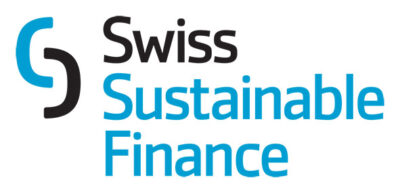Investment Opportunities in Carbon Markets
Using carbon credits helps companies reduce greenhouse gas emissions, transition to greener practices, and achieve climate commitments. The global carbon market is expected to significantly grow, fuelled by evolving regulations and increasing demand from corporates. This workshop dives into the evolving carbon credit landscape. What are today’s investment opportunities in carbon markets? What makes a high-quality and credible carbon credit? What to watch as investor to avoid reputational risk?
Framing this topic
This short section provides context for the event to ensure all participants, regardless of prior knowledge, are equipped to engage with the discussion.
If a company cannot sufficiently reduce its emissions, it may buy carbon credits to offset the remaining emissions. In general, a CO2 certificate equals one ton of CO2 reduced elsewhere by e.g. capturing and storing CO2 through innovative technologies, supporting renewable energy projects, or planting trees.
Not only companies, but also individuals and governments can buy credits to offset emissions. Carbon credits exist in the context of the voluntary carbon market, national/subnational/supranational compliance systems, or Article 6 of the Paris Agreement.
A high-quality carbon credit is one that represents a real, measurable, and verifiable reduction or removal of greenhouse gas emissions. These credits are essential for ensuring environmental integrity and avoiding greenwashing.













